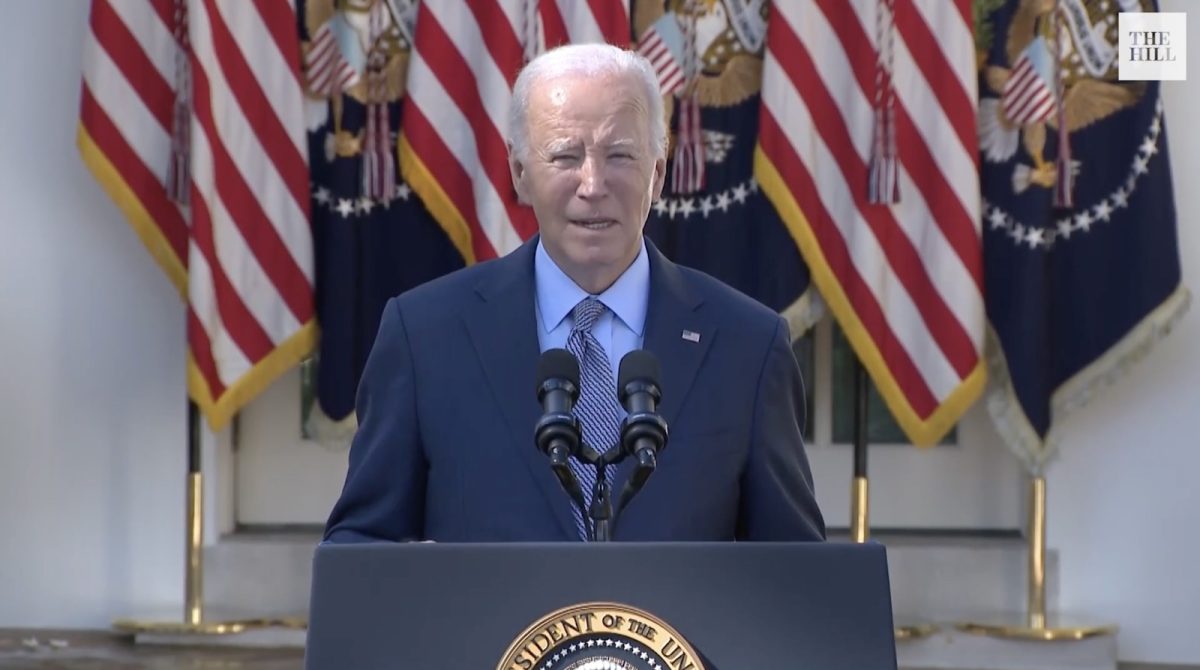The Biden Administration announced a pivotal strategy to tackle the pervasive issue of “junk” fees on Oct. 11, which amount to billions of dollars in extraneous charges related to various goods and services.
These fees have especially weighed heavily on lower-income Americans, creating a substantial financial burden. The proposed initiative outlines a collaborative effort between the White House, the Consumer Financial Protection Bureau and the Federal Trade Commission.
Their core objective was to implement a ban on businesses from burdening consumers with hidden or otherwise spurious fees — an attempt to make it clear to consumers that they get what they pay for.
“Research shows that, without realizing it, folks end up paying as much as 20% more because of hidden junk fees than they would have if they could see the full price upfront,” President Joe Biden said.
Many of these junk fees come from fake paper statements, worthless add-on products for auto loans or excessive credit card fees. Some of these charges were not completed upon said transaction.
The CFPB released a report that $140 million is to be refunded to consumers.
The FTC has indicated its intention to prohibit businesses from concealing deceptive advertisements on transaction fees, mandating that they transparently disclose the amount and purpose for each surcharge. This move is expected to result in significant consumer savings of over $10 billion through the coming decade.
The CFPB is taking a strong stance against major banks by emphasizing consumers’ rights to access complete, accurate and fee-free account information upon request in accordance with federal law dating back to 2010.
“When people request basic information about their accounts, big banks cannot charge them massive fees or trap them in endless customer service loops,” Rohit Chopra, the director of the CFPB, emphasized during an interview with CNBC. “Charging a competitive price for a legitimate service makes sense but charging junk fees for basic customer responsiveness doesn’t.”
The FTC launched a proceeding last year inviting public input on the potential benefits of a new rule aimed at removing unfair and deceptive charges. A substantial 12,000 comments were received, highlighting how these fees impact personal spending and business proceedings. The FTC plans to consider a final rule after soliciting a 60-day comment period.
The CFPB imposed fines on major financial institutions like Wells Fargo & Co., Bank of America Corp. and Regions Financial Corp. for their handling of overdraft fees. Bill Halldin, a spokesperson for Bank of America, responded by “voluntarily reducing overdraft fees and eliminating all non-sufficient fund feed in the first half of 2022.” This resulted in a 90% drop in revenue derived from the fees.
In Biden’s 2021 Executive Order aimed at fostering competition within the economy, he emphasized the vital need for a fair, open and competitive marketplace in the American economy.
By integrating the junk fees initiative into the Biden administration’s overarching vision, the executive order aims to regulate exploitative corporate practices that place undue financial stress on everyday purchases for American families and to ultimately give lower-income citizens a better opportunity to access numerous sectors from air travel to health care.
“These junk fees may not matter to the wealthy, but they sure matter to working folks in homes like the one I grew up in,” Biden said, saying he hopes the initiatives will afford all Americans the financial flexibility “to breathe” when it comes to family budgeting.








